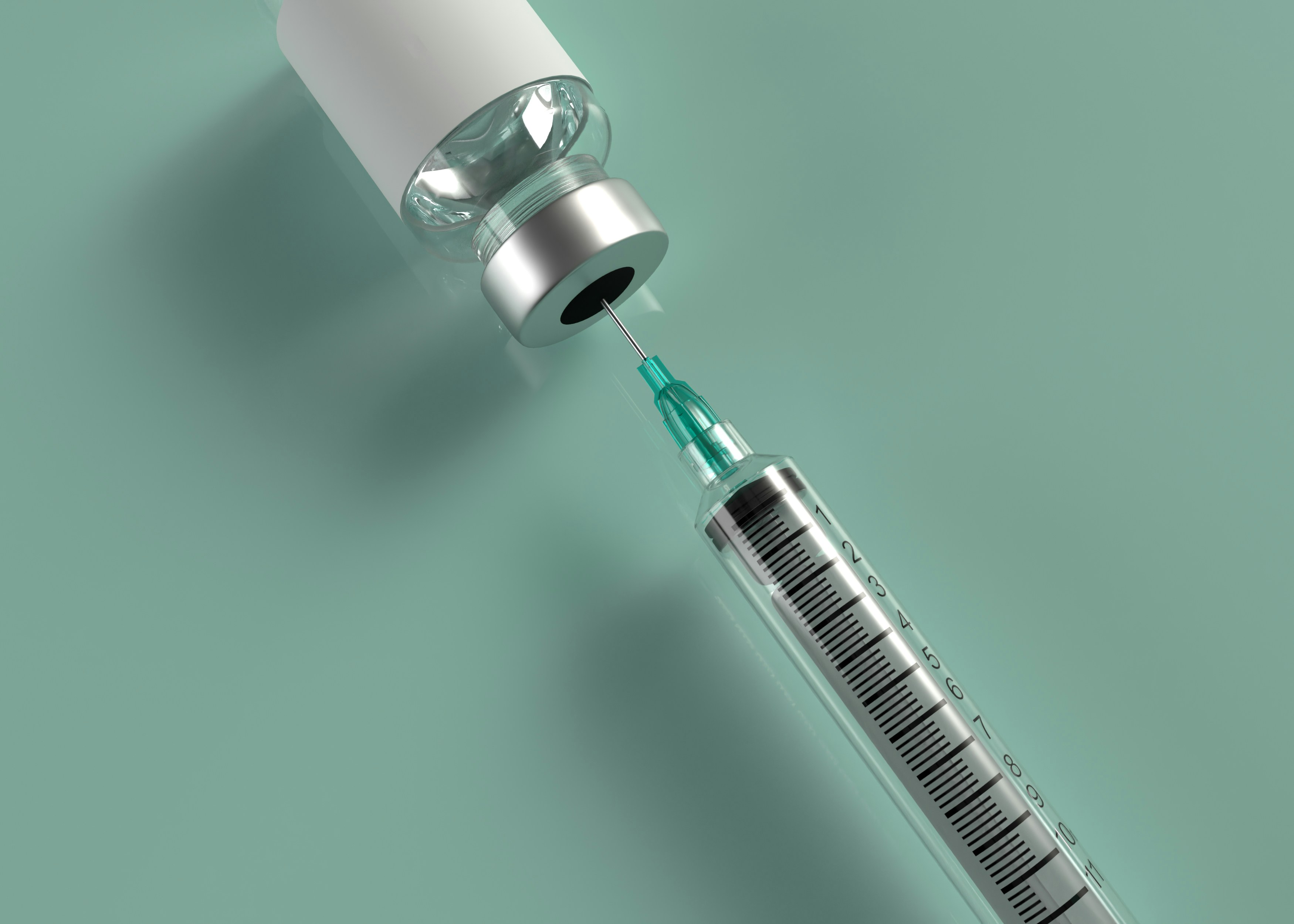At Catch, we believe that it’s time for a new paradigm in cancer screening. Screening should be tailored to your personal risk, rather than following a set of one-size-fits-all guidelines. We’re strong believers in the benefits of proactive screening; the simple truth is that catching cancer early saves lives.
That said, for some cancers, you may not see active screening recommendations in your testing plan. While many aspects of the Catch platform focus on understanding lifetime risk, the most important factor that informs our screening recommendations is your near-term risk.
An individual may have an elevated lifetime risk for a certain cancer, but the vast majority of cancers develop later in life. For example, after completing your Catch profile, you may learn that you have a 20% lifetime risk for prostate cancer, which is higher than the ~13% risk average. However, even with an elevated lifetime risk, there is still a 99.8% chance that you won’t develop prostate cancer before age 50. (For more information on how incidence varies by age, check out our Catch Cancer Guides.)
We strongly believe in the benefits of preventive screening, but screenings themselves carry risk. This risk may be physical (e.g., there is a very small chance of a bowel perforation during a colonoscopy), or it may be psychological (all screenings can produce false positive results, which may cause significant anxiety). Some screenings involve radiation exposure, which in large doses can increase risk of cancer. Screenings can also be costly, and may lead to additional diagnostic work. For many individuals, all these screening-dependent risks are unnecessary; their near-term risk of developing a specific form of cancer may be so low that the chances of catching it at an early stage are dwarfed by the likelihood that they’ll experience any or all of the above stressors during screening.
If you see that you have an above-average risk for a certain cancer but you are not seeing a screening recommendation, that’s by design. Pegging cancer screening exclusively to age is dangerous and ineffective, but for some cancers, the chance of a diagnosis before a certain age–even taking into account a higher lifetime risk–is vanishingly low. It’s always important to be aware of elevated risk, but unless your near-term risk is significantly elevated, the dangers of unnecessary testing may outweigh any potential benefits of screening at that time. Our screening recommendations are always tailored to you, which means they’ll take into account your risk right now in addition to your risk over the course of your lifetime.










.svg)



